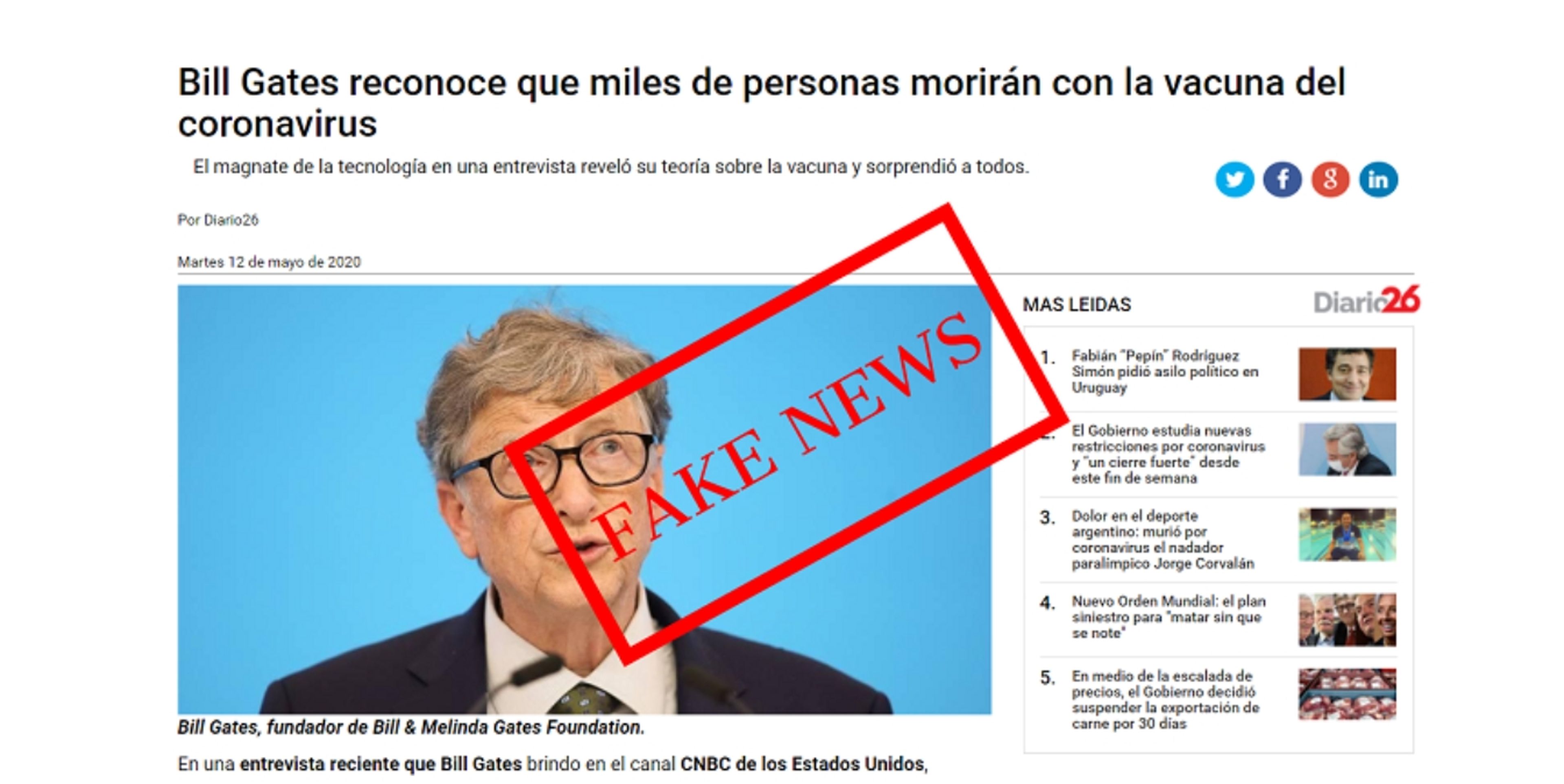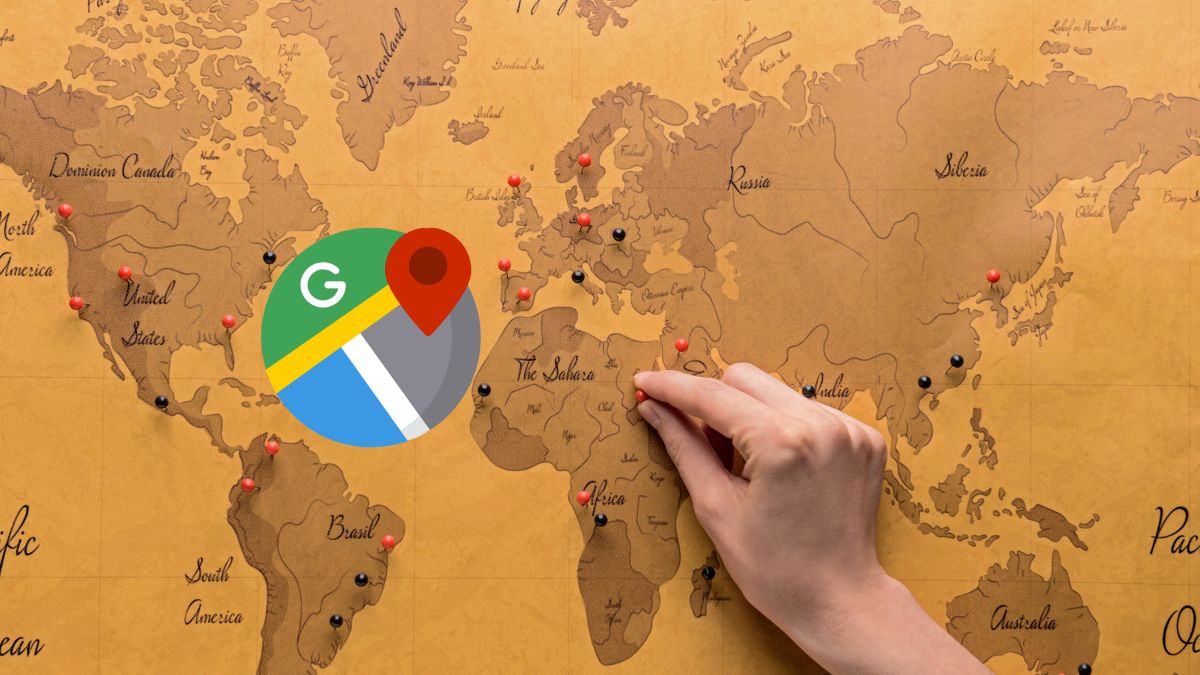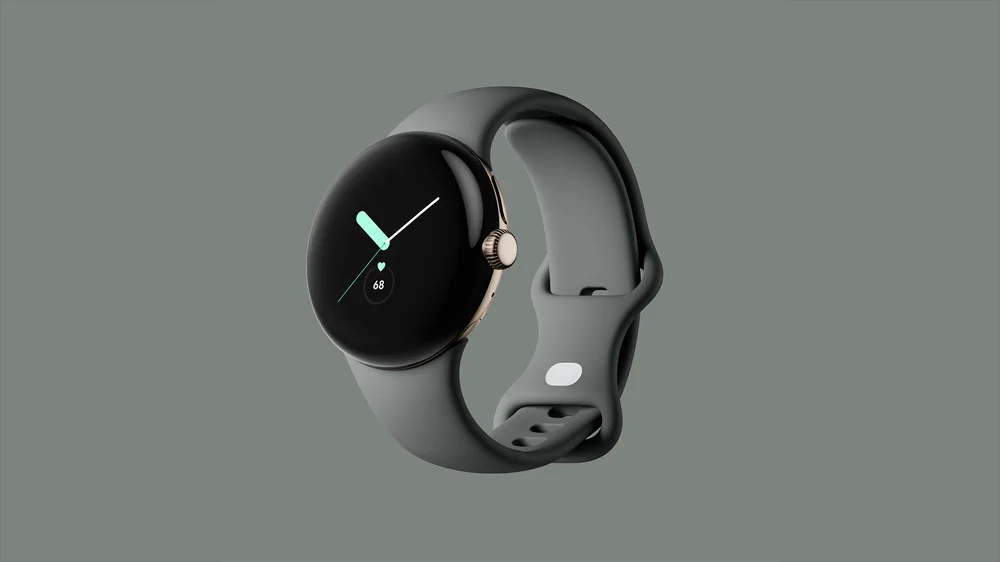
In times where there are all kinds of fake news and deepfakesDoes anyone care that they are constantly being fooled? It may sound strange, but in the digital world, the truth is not always first on the priority list of many.
Society faces a constant bombardment of news, images and videos, but The question that remains is whether it actually matters if they end up fooling you with these stories..
One of the big problems is that, today, social networks have created a bubble where you only see what you want to see. The news that confirms that you are right. So, although it is said that we want to know the truth, sometimes many prefer the comfortable version that they already know.
Does it really matter enough to do something about it? Everyone knows that there is fake news, but is society willing to question what it sees and make the effort to discover the truth?
“Perhaps due to ignorance, many people are not aware of the prevalence of fake news and misinformation. I also believe that there is a point of comfort due to the ease of consuming information similar to what one thinks, but the population has become accustomed to not contrasting and believe what is best for you,” he explains in an interview for Computer Today Andrea Vizcaíno Cuenca, psychologist and CEO of Policlínica Maio.
Incibe
‘Fake News’ and mistrust, a war for truthful information
The rise of fake news has experienced a boom currently. Distrust in information sources has reached alarming levels, and the term fake news It is already part of the vocabulary of many. But how does this distrust affect the attitude towards information? Does it encourage us to be more critical and demanding with what we consume, or does it immerse us in information fatigue?
“Fake news is usually designed in a shocking, emotional or sensationalist way… They seek to touch on points that they know will catch the reader’s attention with a simple glance and/or quickly outrage them, so they often share the news on social media. without even reading them, only guided by the headline,” adds the expert.

incibe
Studies suggest that, although awareness of the possibility of being deceived has increased, overexposure to fake news and conspiracy theories can deplete your ability to discern the truth.
It seems that at lastDistrust can coexist with apathy, and information fatigue could be the natural response to an accumulation of information that ends up making you explode.
‘Deepfakes’ that generate both astonishment and distrust
On the other hand, the arrival of the deepfakes, technology that allows the creation of fake videos or images that look real, adds an additional layer to this complex world. These digitally manipulated content can depict real people saying or doing things that never happened, taking the possibility of deception to a new level.
Without going any further, relatively recently a fake Bad Bunny song that used his voice created with artificial intelligence went viral or that famous video clip by Rosalía and Björk that has flooded social networks.

Although most people recognize the potential threat of deepfakesthe difficulty in distinguishing them from 100% real content could generate a double response.
On the one hand, there is this fear of the possibility of being deceived, but, on the other, it seems that it can also coexist with technological fascination, and the feeling that technology is beyond your control, which could lead to passive acceptance without resorting to checking whether what you see is false or not.
Acquiring the ability to judge information critically, maintaining curiosity and being willing to consider different points of view are essential steps to avoid falling into indifference in the face of misinformation.
Simply put, this means that You need to learn to question information, be open to learning more, and consider different perspectives to not get carried away by misleading information. that circulates at the speed of light, especially on social networks.
The truth remains crucial, and it is up to everyone to take responsibility for finding it and contributing to a safer and more trustworthy digital world.
“I would say that there is a growing tendency to be motivated in this more precise search, since we are increasingly aware of false information, but it is true that people who are not in that wave know how to make much more noise with misinformation,” Andrea Vizcaíno concludes.



